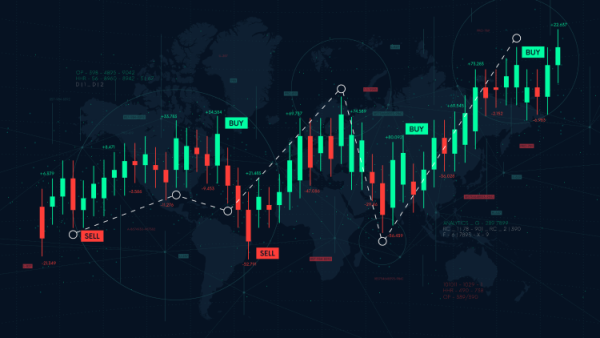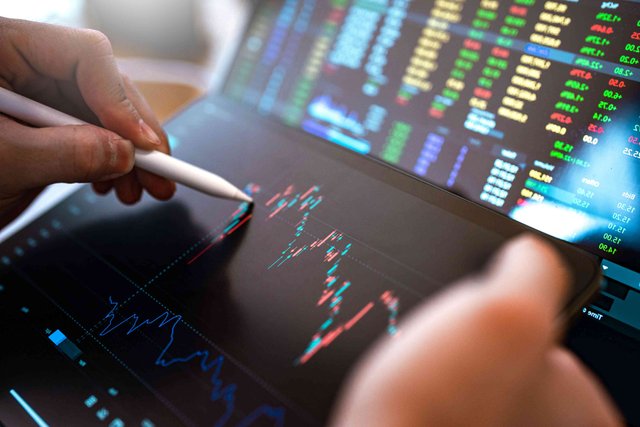
Forex trading, also known as foreign exchange trading or currency trading, involves the buying and selling of currency pairs on the foreign exchange market with the aim of making a profit. The forex market is the largest financial market in the world, with a daily trading volume exceeding $6 trillion.
Here are some key points to consider when it comes to forex trading:
Key Aspects of Forex Trading:
Currency Pairs: In forex trading, currencies are traded in pairs, such as EUR/USD (Euro/US Dollar) or USD/JPY (US Dollar/Japanese Yen). The first currency in the pair is the base currency, and the second is the quote currency.
Leverage: Forex trading often involves the use of leverage, allowing traders to control a larger position size with a smaller amount of capital. While leverage can amplify profits, it also increases the risk of significant losses.
Market Participants: Participants in the forex market include banks, financial institutions, corporations, governments, and individual traders.
Risk Management: Successful forex trading requires effective risk management strategies to protect against potential losses. This may involve setting stop-loss orders and managing position sizes.
Forex Brokers:
Choosing a reliable and reputable forex broker is crucial for a positive trading experience. Here are some well-known and regulated forex brokers:
IG Group: A UK-based company with a strong reputation, regulated by the Financial Conduct Authority (FCA) in the UK and other regulatory bodies.
OANDA: Known for its transparency and customer service, OANDA is regulated by multiple authorities, including the National Futures Association (NFA) in the United States.
Forex.com: A widely used broker, regulated by multiple authorities, including the Commodity Futures Trading Commission (CFTC) in the United States.
Interactive Brokers: Known for its advanced trading platforms, Interactive Brokers is regulated by the SEC in the United States and other regulatory bodies worldwide.
Warning Against Fake Brokers:
It's essential to be cautious and avoid trading with unregulated or fake brokers. Some red flags of potential scams include:
Lack of Regulation: Legitimate brokers are regulated by financial authorities. Check the regulatory status of a broker before opening an account.
Unrealistic Promises: Be wary of brokers promising guaranteed profits or making unrealistic claims about potential earnings.
Poor Customer Reviews: Research customer reviews and testimonials to gauge the reputation of a broker. Multiple negative reviews and complaints may indicate potential issues.
Lack of Transparency: Legitimate brokers provide clear information about fees, spreads, and trading conditions. If a broker lacks transparency, it's a warning sign.
Always conduct thorough research and due diligence before selecting a forex broker. Use reliable sources, check regulatory status, and be cautious of unsolicited offers or aggressive marketing tactics. Additionally, consult with financial professionals if needed.

Note: The forex market and broker landscape can change, so it's crucial to verify the current status and reputation of any broker before engaging in trading.